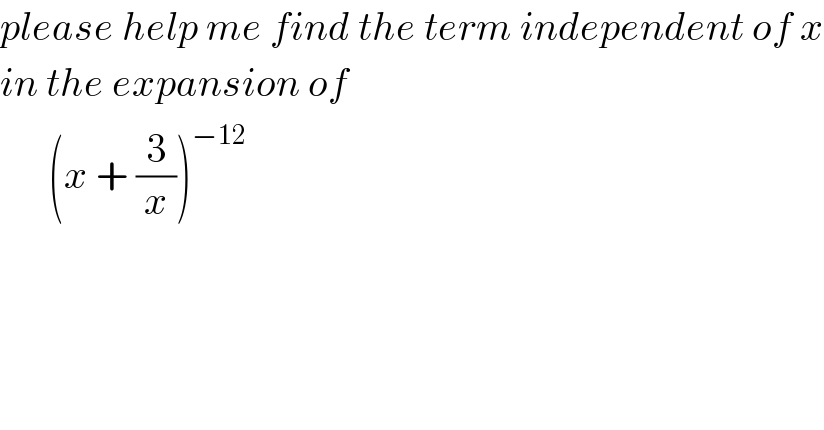
Question and Answers Forum
Question Number 70310 by Rio Michael last updated on 03/Oct/19

Commented by mr W last updated on 03/Oct/19

Answered by MJS last updated on 03/Oct/19

Answered by mind is power last updated on 03/Oct/19

Commented by Kunal12588 last updated on 03/Oct/19

Commented by Rio Michael last updated on 03/Oct/19

Commented by Rio Michael last updated on 03/Oct/19

Answered by MJS last updated on 03/Oct/19

